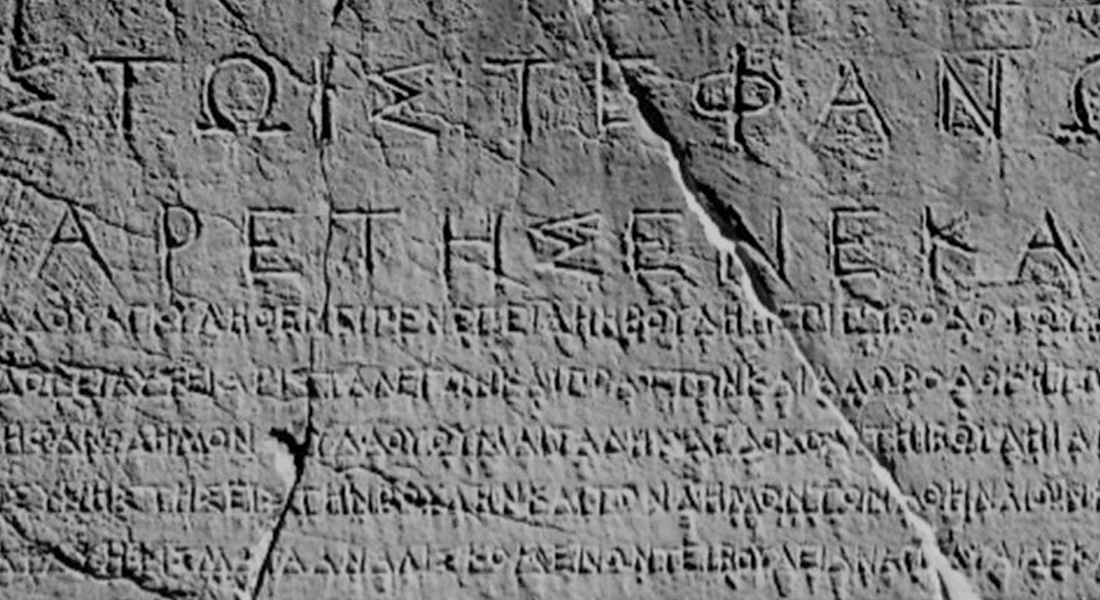Virtue in Fourth-Century Athens

Occasion for Moral Recognition
Public Defence of PhD Thesis by Emil Skaarup.
This thesis investigates practices of virtue in the Athens of Platon and Aristoteles. Thanks to the legacy of these philosophers, fourth-century BCE Athens looms large in current research and public debate on ethics and politics. The present thesis examines the other fourth-century Athenian: the woman, foreigner, slave or male citizen who may not have left us systematic accounts of their ethical beliefs but nonetheless cared about being and being seen as a good person. It contributes to ancient Greek history by examining how the desire to be morally recognised shaped fourth-century Athenian society and how the structure of that society, in turn, affected its inhabitants’ prospects of achieving virtue in the eyes of others. It contributes to the field of ethics by showing how a philosophical concept, virtue, was lived by ordinary people of a concrete historical society.
Assessment Committee
- Associate Professor Anders Holm Rasmussen (University of Copenhagen)
- Associate Professor Claire Taylor (University of Wisconsin Madison)
- Professor Mirko Canevaro (Edinburgh University)
Moderator of the Defence
- Associate Professor Karen Vallgårda (University of Copenhagen)
Copies of the thesis will be available for consultation at the following three places:
- The Information Desk of the Copenhagen University Library, South Campus, Karen Blixens Plads 7
- In Reading Room East of the Royal Library (the Black Diamond), Søren Kierkegaards Plads 1
- At the Saxo-Institute, Karen Blixens Plads 8, room 12-3-40
Map of South Campus
View directions.
View on map of the Faculty of Humanities - South Campus.
View map of South Campus (pdf).
